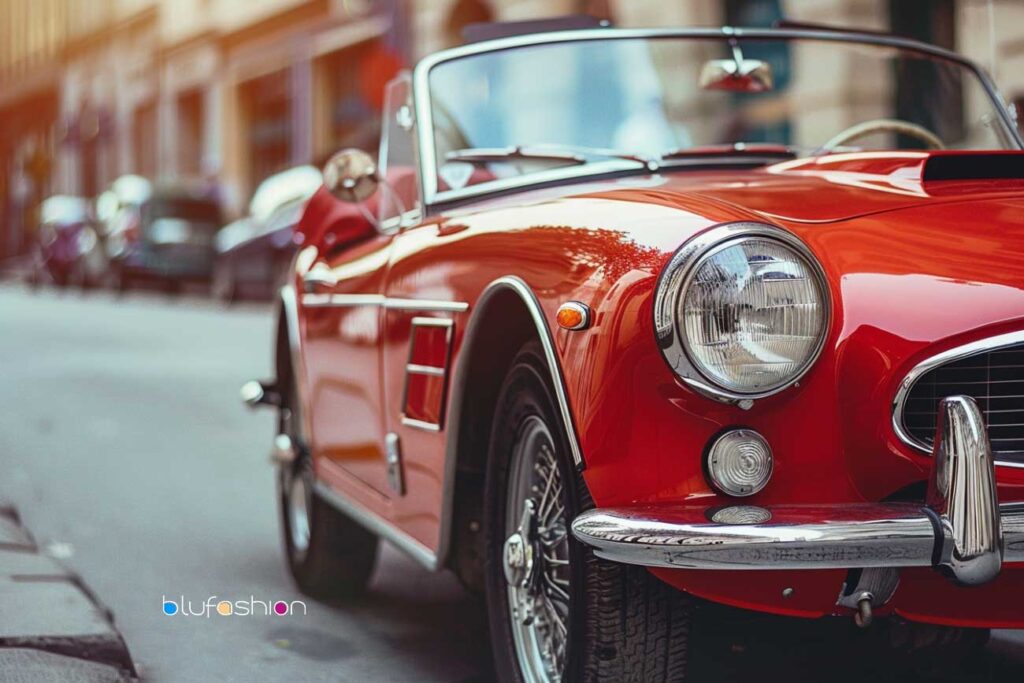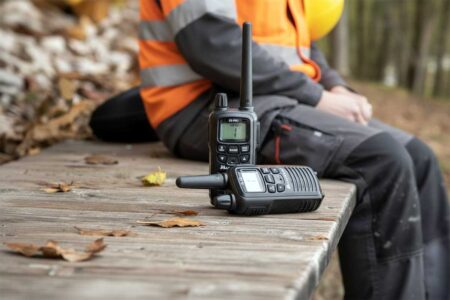Having a classic car is not just a hobby, it is a passion that in most cases also requires large amount of money and time. Regardless of whether you are a professional collector or a beginner in the vintage cars field, one thing that you must know is how to measure the value of your vintage car.
The classic cars have a major difference with the modern vehicles as that the former usually grows in value over time hence creating a rare asset. In this article, we’ll analyze the different factors that influence classic car values and also look at how to correctly evaluate them.
1. Historical Significance
Probably `the most important factor determining the value of a classic car is its historical significance. Those cars that significantly contributed to the history of automobiles or had associations with legendary events and personalities are especially valued and often sell for a higher price.
Such models as a vintage Ferrari that made the history of prestigious races in the past and a classic Ford Mustang presented in a renowned movie would be more valued than similar models without such historical significance. Research into the backstory and origin can help you to identify the real value of your classic car.
2. Rarity and Authenticity
The rareness and authenticity of a classic car could have a decisive influence on its value. Vehicles developed in limited production runs, with unique features, or original components that are very hard to find are more sought after by collectors.
The role of authenticity is equally critical because adjustments or modifications from the original factory specifications tend to lower the value of a classic car. In other words, documentation that includes such information as a build sheet, factory records, and restoration invoices can provide evidence of authenticity of a car and justify its value.
3. Condition
The condition is one of the most important factors in estimate of a classic car value. Vehicles which have received regular maintenance, have their original features restored or have been kept in immaculate condition normally sell at a higher price than damaged or faded ones.
These factors, such as mileage, rust, paint quality, and condition of an interior can affect the overall value of a classic car. You should conduct a detailed evaluation or employ a professional appraiser in order to give an accurate account of the condition of your vehicle.
4. Market Demand
Due to the inherent feature of the market demand fluctuations which may have a strong impact on the prices of classic cars. The demand for certain brands, fashions, or products can change because of the collectors, the changes in consumer preferences, and economic factors.
Monitoring auction results, attending car shows and following industry news can assist you in analyzing the present market condition and predicting the future market demand. In the end, a classic car`s worth depends upon what people are ready to pay for it, and market demand being the main factor.
5. Provenance and Ownership History
The provenance and ownership history of a classic car adds to its value by making it possible to see into the car’s pedigree and the past owners. Ownership of cars with detailed histories, celebrity ownership, or historic connection often entice high prices on the market.
Researching the ownership history of your classic car and preserving the documentation of it will support the car’s provenance and attractiveness to the prospective buyers.
6. Restorations and Modifications
While restorations and repairs can positively or negatively influence the value of a classic car based on the quality and authenticity of the work, the same remains true. A well done restoration that saves the car’s original characteristics and workmanship will increase its value, while any poorly done modifications or changes could take away from its originality and appeal.
Before thinking of restoration or modification, one should also consider the potential effect on the value, and in case of doubt, seek expert advice.
Related: Diamond Clear Paint Pros.
7. Documentation and Appraisals
Thorough documenting and appraisals are valued instruments for having correct valuation of a classic car. Tracking maintenance and repairs history with possible records of historical documentation or provenance can boost the customer’s confidence in the car’s true originality.
Moreover, getting appraised by credible authority figures will yield an independent evaluation of the car’s worth, which may come in handy for insurance, estate planning, or sales.
Conclusion
Measuring the worth of a classic car process requires proper assessment of such factors as historical significance, rarity, condition, market demand, provenance, restorations and documentation. Knowing these crucial components and conducting the research diligently will help collectors accurately price their vintage cars.
Whether it is buying, selling, or just the experience of owning a classic car, knowing its real value adds to the whole event in appreciating these cars as timeless automotive treasures.
Moreover, for enthusiasts interested in unique replicas, they can explore a variety of options at dyler.com/cars/replica-cars-for-sale, catering to diverse tastes and preferences in the classic car community.






